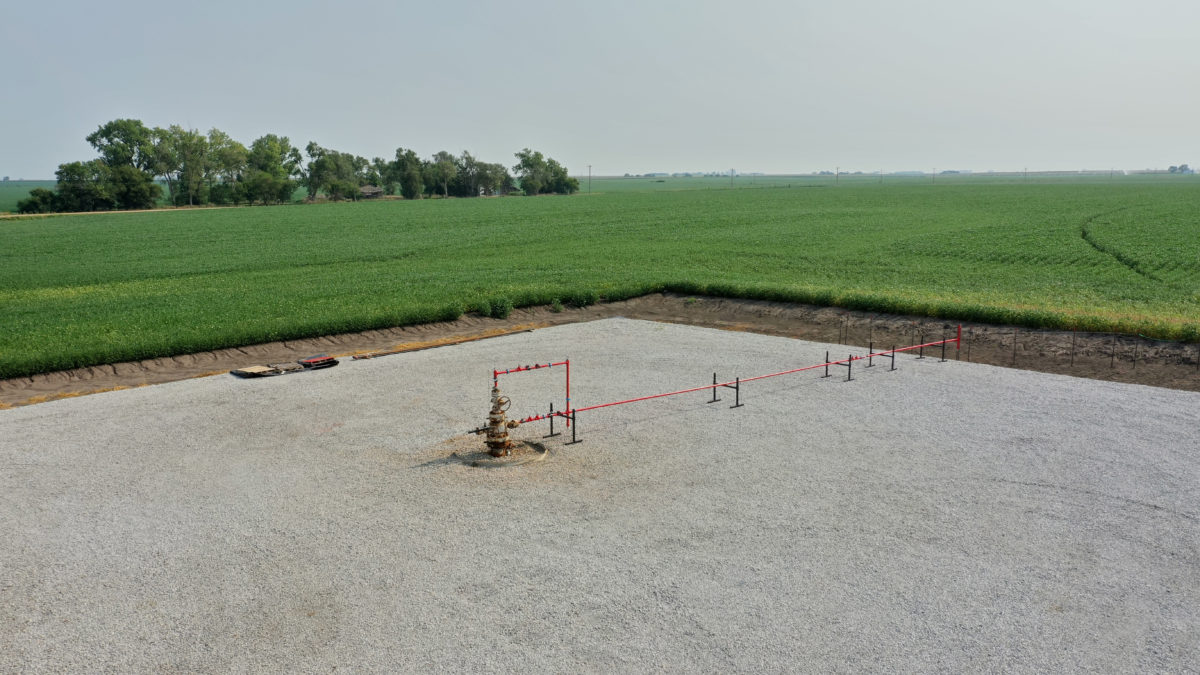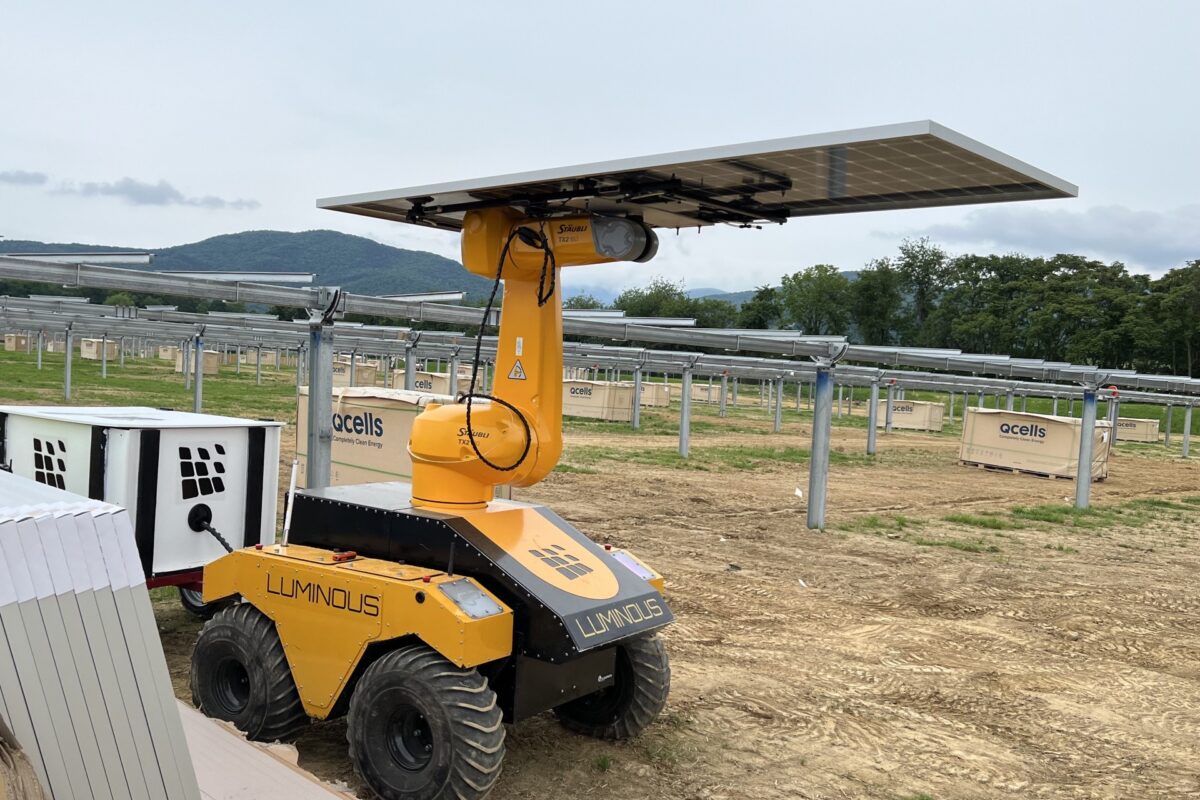Western Australia this month opened industry consultations on its Renewable Hydrogen Strategy to 2030. As part of the strategy refresher, it has confirmed natural hydrogen will attract a royalty but hydrogen produced from renewable energy-powered electrolysis, better known as green hydrogen, will not.
While Australia’s entire hydrogen industry remains nascent, green hydrogen projects are significantly more developed than natural hydrogen – with South Australia currently the only state with a proper regulatory framework around natural hydrogen exploration.
Western Australia’s government is currently working on its exploration regulations, and appears to be following South Australia’s lead – where a 10% royalty is paid on hydrogen extracted from underground formations.
A Western Australian government spokesperson confirmed royalty plan to the Australian Financial Review, but said the specific rate was still undecided.
Aside from South Australia and now Western Australia (WA), most other states have no yet settled on royalties schemes for the burgeoning industry, although Queensland seems to not charge any hydrogen royalties.
The consultation period on WA’s refreshed hydrogen strategy ends mid-October.
Meanwhile, the federal government has opened consultations on its Guarantee of Origin scheme, which will track and verify emissions associated with hydrogen, as well as renewable electricity and potentially other clean energy products.
Once hydrogen begins to be exported globally, the scheme will be able to guarantee the hydrogen product’s embedded emissions, supporting trade. However, the scope of the Guarantee of Origin scheme has been criticised for not time matching its renewable inputs – an aspect which is of growing importance in the US, UK and Europe.
It is anticipated that the legislation giving effect to the Guarantee of Origin or GO scheme will be in place in 2024.
This content is protected by copyright and may not be reused. If you want to cooperate with us and would like to reuse some of our content, please contact: editors@pv-magazine.com.









By submitting this form you agree to pv magazine using your data for the purposes of publishing your comment.
Your personal data will only be disclosed or otherwise transmitted to third parties for the purposes of spam filtering or if this is necessary for technical maintenance of the website. Any other transfer to third parties will not take place unless this is justified on the basis of applicable data protection regulations or if pv magazine is legally obliged to do so.
You may revoke this consent at any time with effect for the future, in which case your personal data will be deleted immediately. Otherwise, your data will be deleted if pv magazine has processed your request or the purpose of data storage is fulfilled.
Further information on data privacy can be found in our Data Protection Policy.